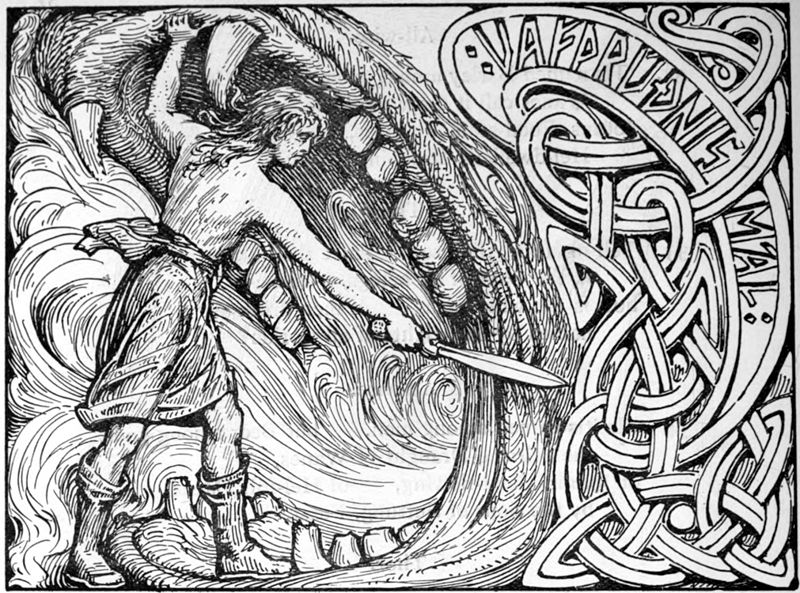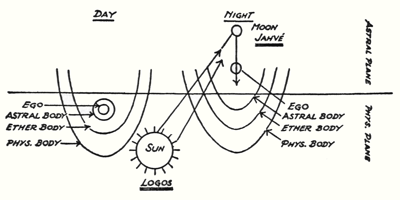To understand what will now be said, we must realize that over and above the karma which belongs to every individual human being, there is at every stage of existence a universal karmic law. All the categories of beings have their karma — the karma of the one differing from that of the other. But karma operates through every realm of existence and there are things in the karma of mankind, in the karma of a people, of a community or other group of human beings, which must be regarded as collective karma, so that in certain circumstances the individual can be drawn into the sway of the collective karma. It will not always be easy for one who cannot penetrate to the root of the matter to discern exactly where the influences of the powers concerned lie in the case of human beings overtaken by such a destiny. An individual within some community may well be entirely guiltless as far as his own karma is concerned; but because he stands within a field of collective karma, calamity may befall him. If, however, he is entirely guiltless, compensation will be made in later incarnations.
In the wider connection we must look not only at the karma of the past but also think of the karma of the future. A terrible fate may befall a whole group of human beings; the reason why just this group should suffer such a destiny is not to be discovered. Someone who might be capable of investigating the karma of an individual will in certain circumstances be unable to find anything at all that could have led to this tragic fate, for the threads of karma are extremely complicated. The cause of such karmic happenings may lie far, far away — but it is connected with these people nevertheless. And it may be that the whole group, while guiltless, has been overtaken by some collective karma which could not overtake those immediately guilty, because circumstances did not make this possible.
In such cases the only thing that can be said is this: In the total karma of an individual, everything is ultimately balanced out, including what befalls him without guilt on his part; it is all inscribed in his karma and compensation in the fullest sense will be made in future time. — Therefore in considering the law of karma we must also take into account the karma of the future.
Nor must it be forgotten that man is not an isolated being but that every individual has to share jointly in the collective karma of humanity. We must remember, too, that man, together with humanity, is connected with those hierarchies of Beings who have not entered into the physical world and that he is also drawn into the karma of the hierarchies. In the destinies of mankind in the spiritual world a great deal appears the connections of which are not to be sought in the immediate circumstances, but the karmic consequences come to pass inevitably.
Since the second half of the Atlantean epoch, Ahriman’s karma has been linked with the karma of mankind. Where, then, are the deeds of Ahriman, over and above what is wrought by him in the bodies of men in order to spread phantoms and illusion over the world of sense? Where are these other deeds?
~Rudolf Steiner




